Update: 85 of 130 water networks completed
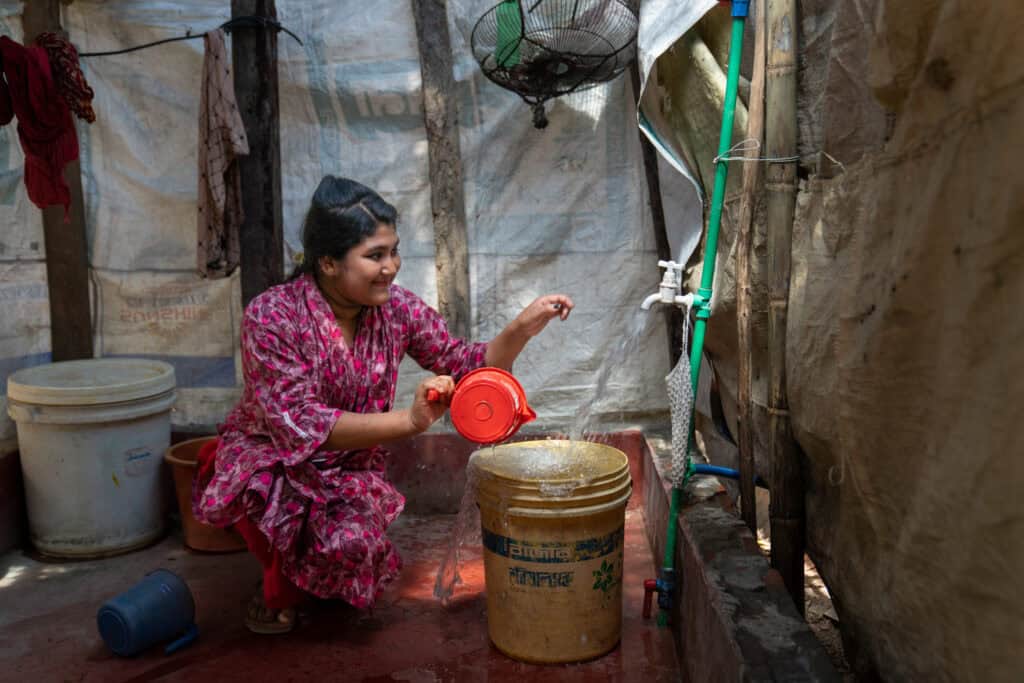
Project update:
85 of 130 water networks up and running in Bangladesh
By building and maintaining water networks in Bangladesh, we provide families with access to clean drinking water.
This gives families round-the-clock access — 80 to 100 liters per person per day, with up to three tap points in their home.
Keep reading for an update on the Max Tapwater project.
Update: 10 September 2025
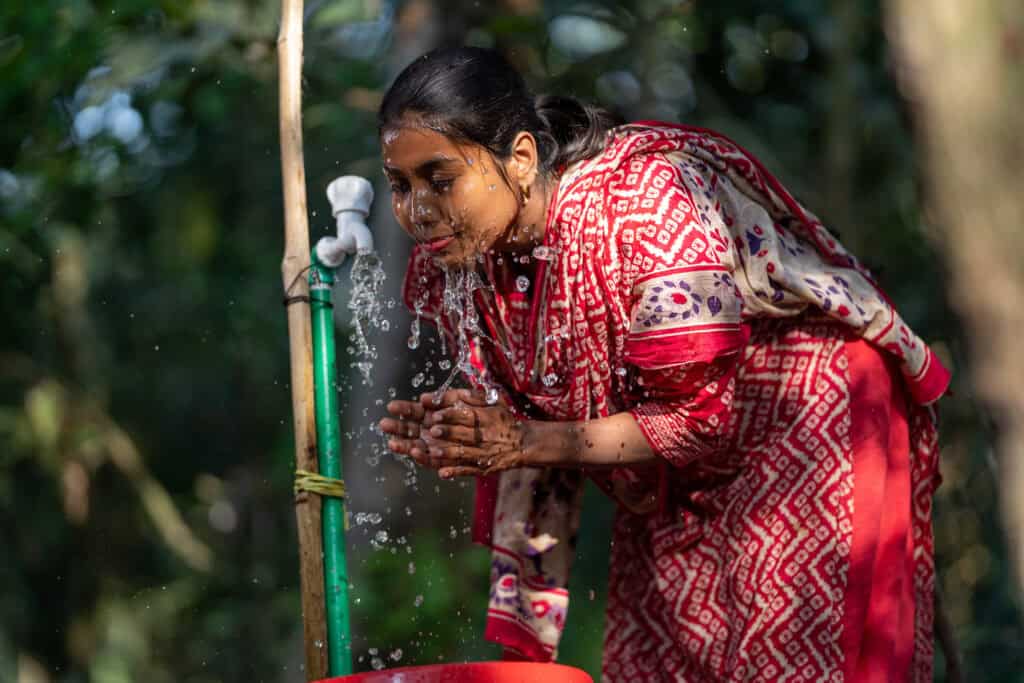
Water networks for families in Bangladesh
With Max Tapwater, we provide safe and affordable access to water for households in the southern coastal regions of Bangladesh.
We install and maintain water networks that provide about 40 to 70 households in rural and semi-urban areas with clean drinking water. Families pay a one-time connection fee and a monthly contribution to support the upkeep of the service.
At present, 85 of the planned 130 water networks have been completed.
The networks are designed with simple technology and built using locally available materials. By making water available directly at home, we help reduce waterborne diseases and ease the burden of fetching water — especially for women and teenage girls.
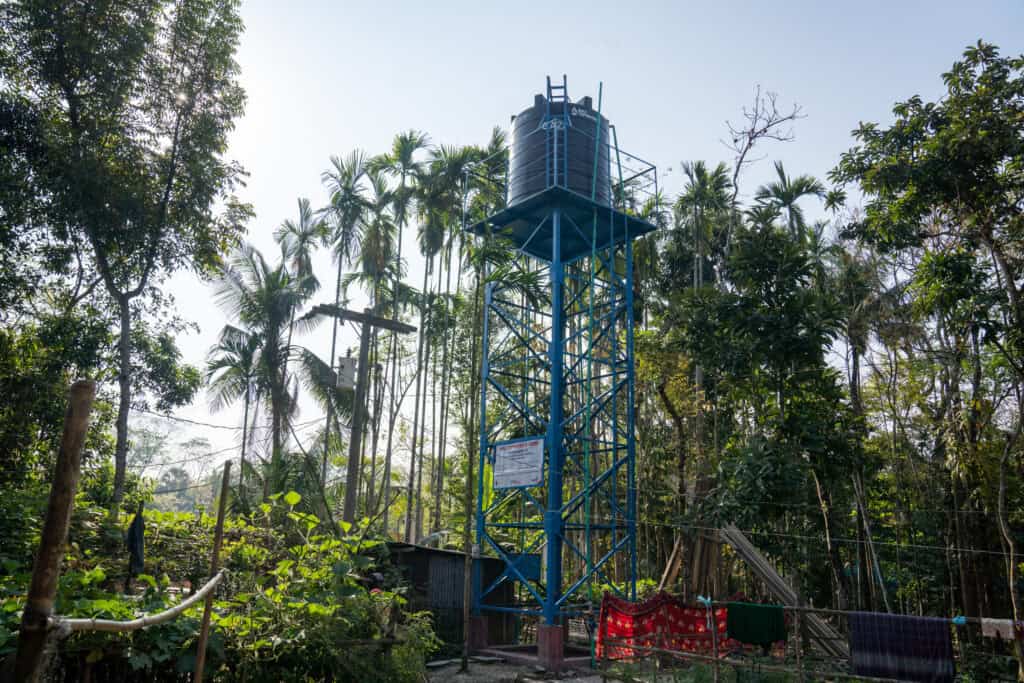
Clean drinking water in Bangladesh
Despite a growing economy, most households in Bangladesh still lack access to clean drinking water.

Only 5% of rural households have access to piped water.

Every day, women lose an average of 90 minutes just collecting water
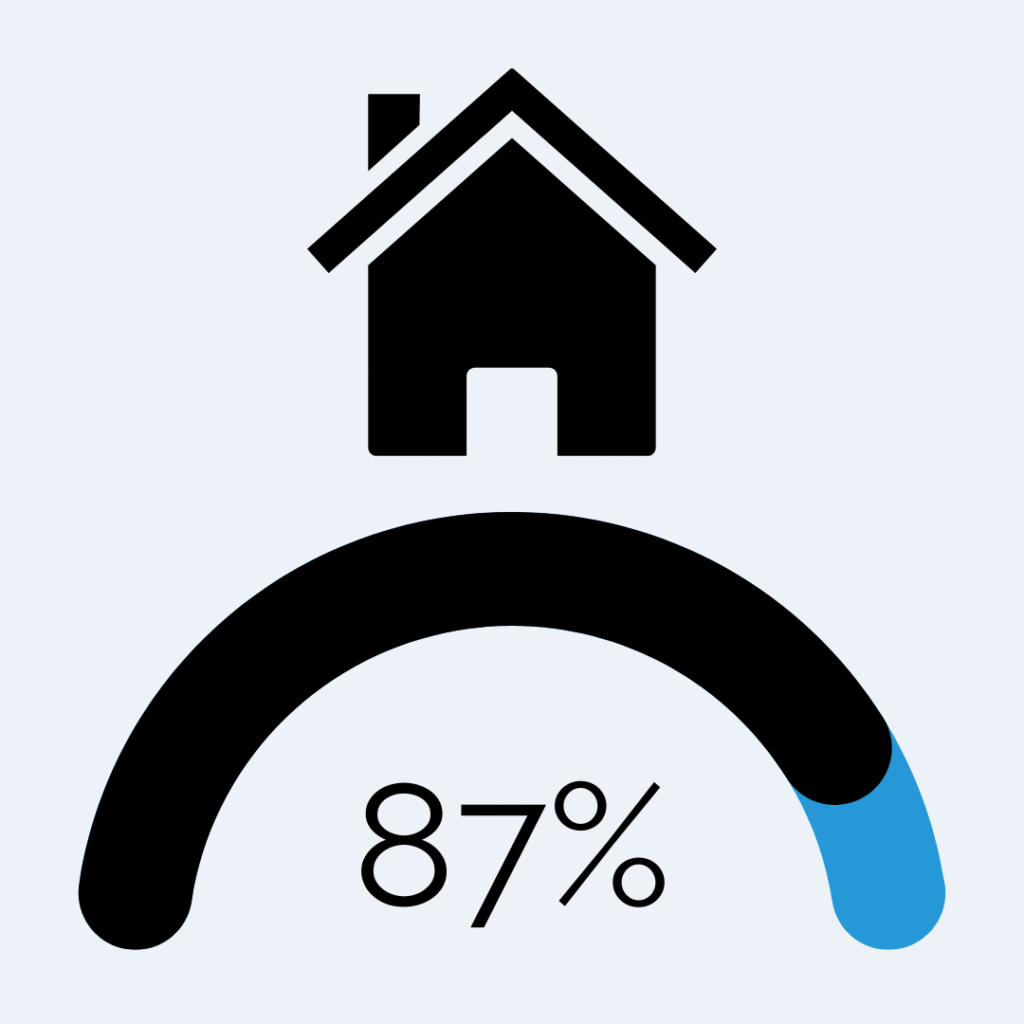
87% of households use unsafe water for cooking and cleaning.
Recent developments
- More than 12,000 men, women and children now have access to clean drinking water.
- The water networks are also creating work oppurtunities. More than 102 jobs have already been created for management and maintenance of the networds in Dhaka, Patuakhali, Barisal, Barguna and Khulna.
- 800 families improved hygiene by building or upgrading their toilets with Max TapWater.
- Water-related diseases in Max TapWater network areas have been reduced to near zero.
- A tap brings more than just water — it gives back time. Thanks to 85 grids, 5,073 hours are saved every day that were once spent fetching water.
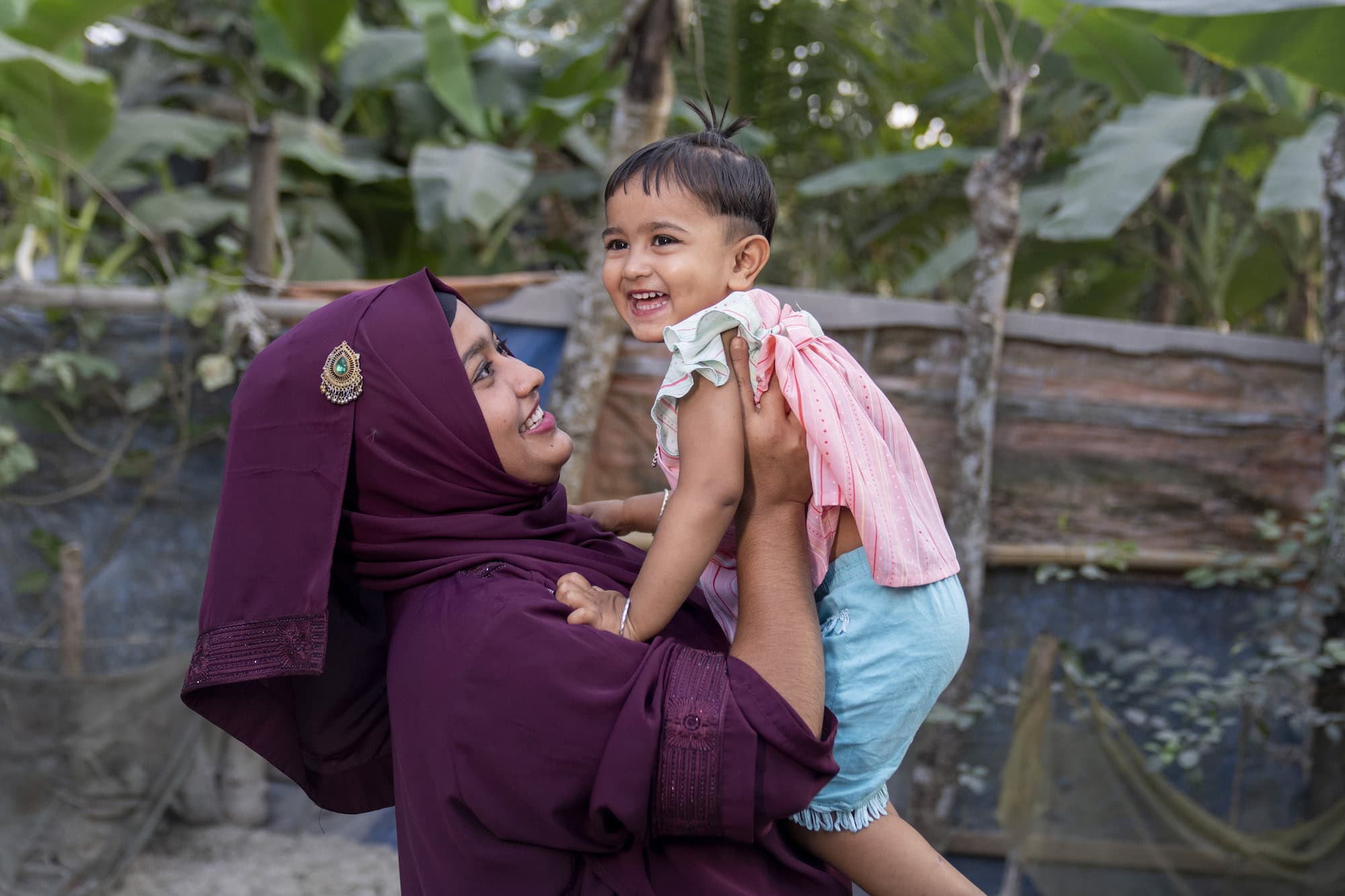
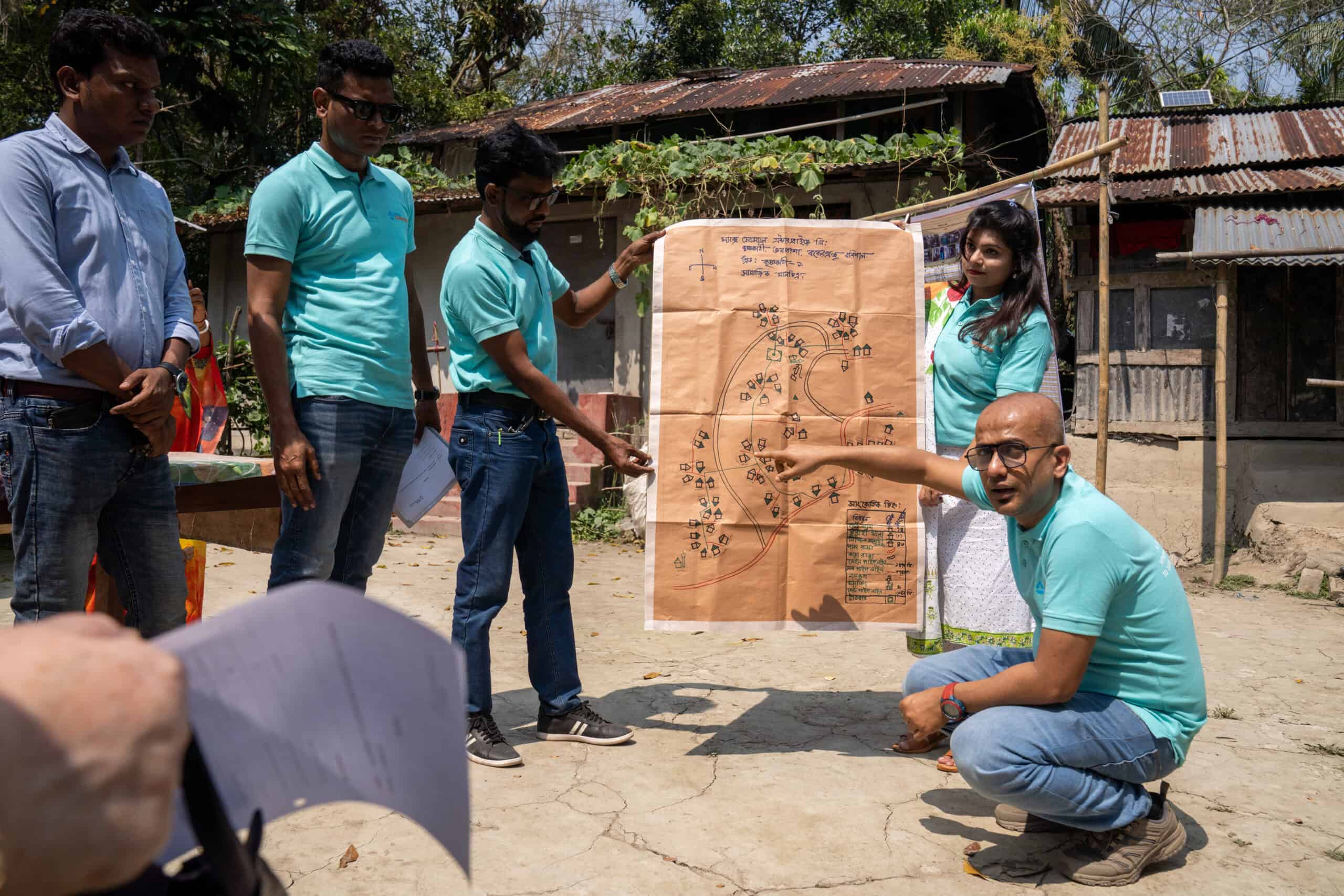
In addition, experiments are underway with smart networks that can be monitored remotely, allowing quicker response to any disruptions.
There is also an ambition to increase the average number of connections per grid from 40 to 70 households — an important step towards financial self-sufficiency.
If successful, they will explore whether existing government networks can also be managed and improved.
Innovations
Besides building water networks, Max TapWater continuously invests in smart innovations. From advanced testing protocols to modern purification systems, these solutions make water safer, services more reliable, and our impact more sustainable.
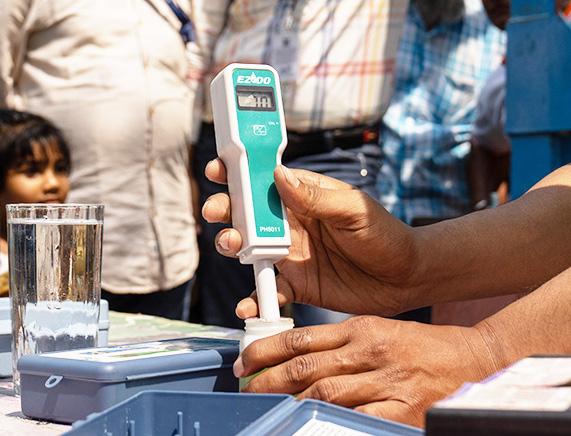
Quality protocols
Max TapWater has developed a water testing protocol in line with WHO guidelines (testing for arsenic, pH, iron, chloride, TDS, salinity, and fecal coliforms at the prescribed frequency). The organization has also introduced a cleaning protocol for water tanks and pipe networks. Clean tanks and pipelines ensure a safe supply of drinking water.
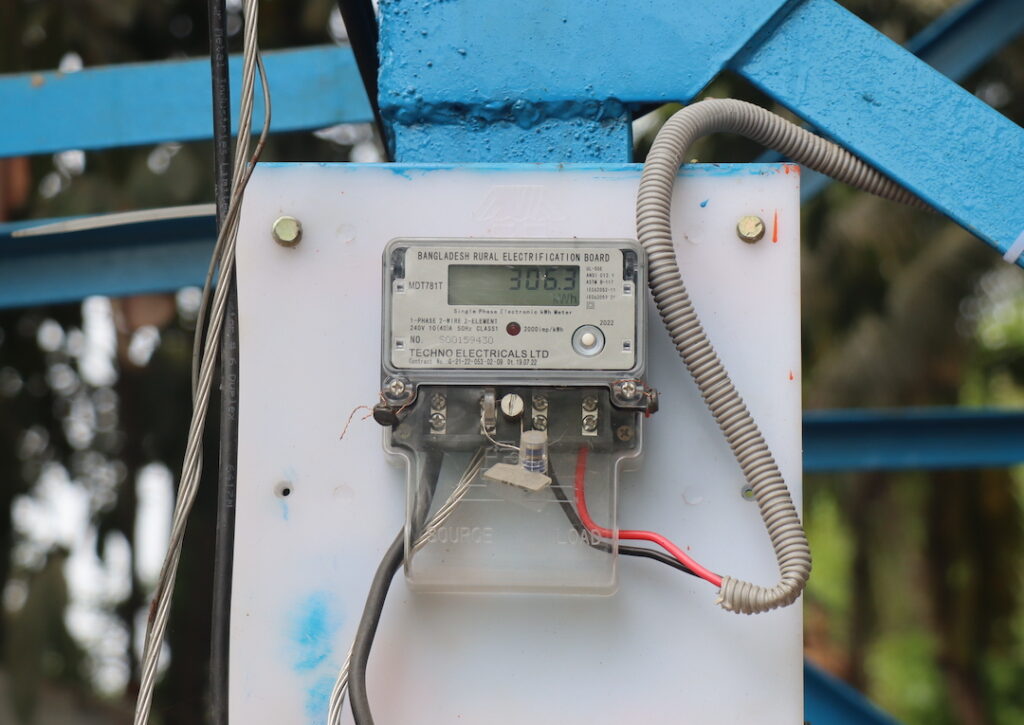
Individual household meters
In 2023, Max TapWater began installing household meters. Since then, people have become more aware of their water use, leading to a significant reduction in waste. Max TapWater is committed to the sustainable use of groundwater.
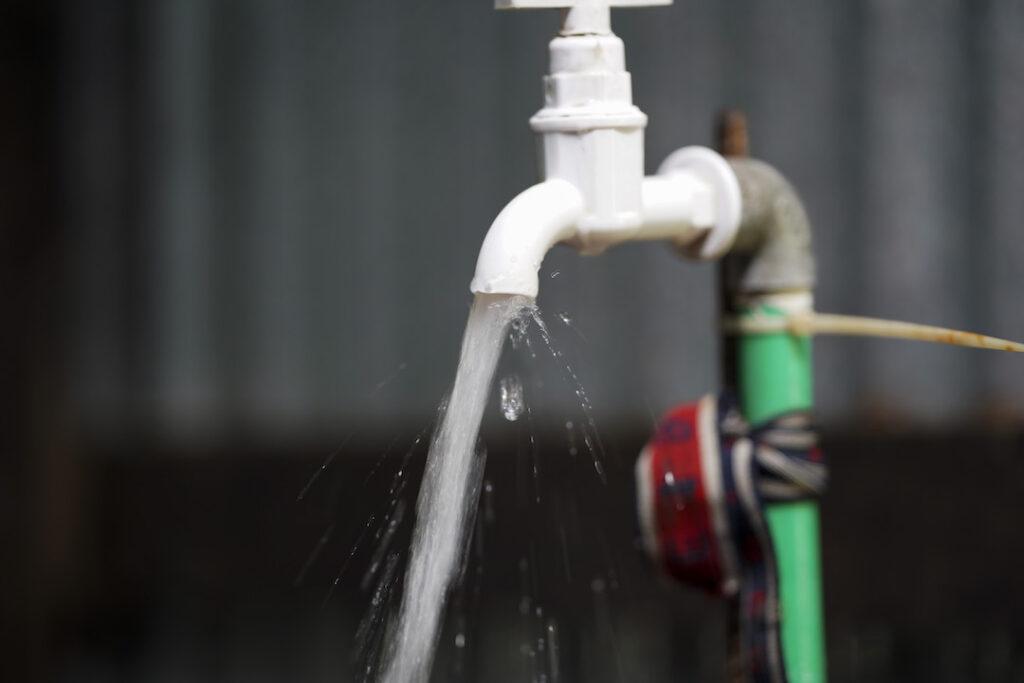
UV-lamps
Max TapWater installs UV lamps in the water supply network, effectively disinfecting the water by eliminating harmful microorganisms. This improves water safety and quality while reducing the risk of waterborne diseases.
SO FAR: experiences from families
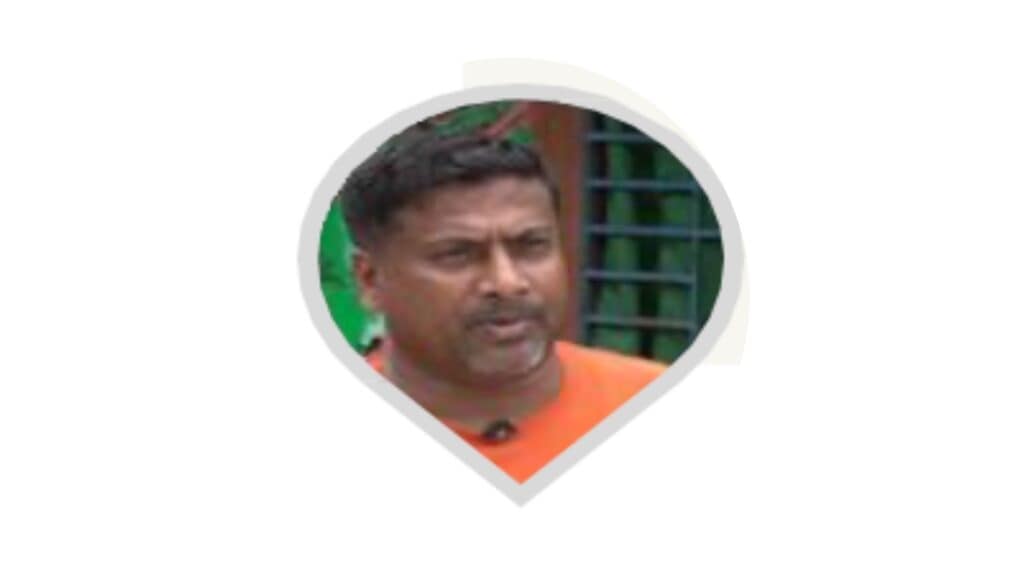
“Around 40 people in Amkhola Bazar had diarrhea
last year. People had to remain in hospitals for
several days. Not a single person suffered diarrhea
this year after using water from Max Tap Water
connection.”
– Nazmul
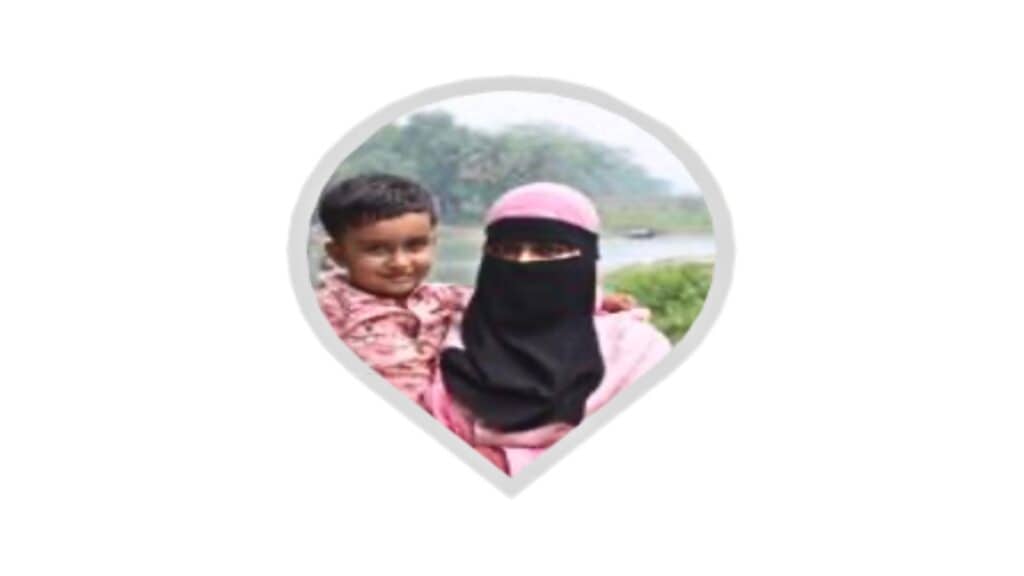
“Before having Max Tap Water connection, I had to carry water far from my house. That’s why I did not have that much time to help my children on their study. Also, I got sick most of the time. But after having Max Tap water connection I can now able to pay attention to my children and I don’t get sick at all.”
– Suraiya Bilkis

“Earlier I had to clean up before prayers with
dirty pond water. But after getting Max Tap
Water connection, now I use clean and safe
water to clean myself. I am very happy with it.”
– Abddur Rajjak
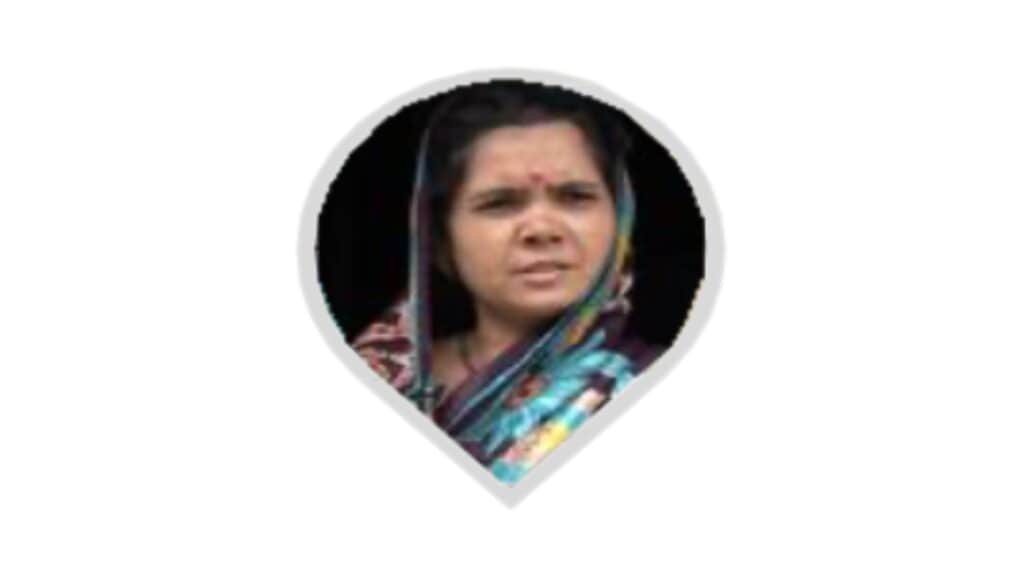
“We have benefited a lot from this water. Those of us who are poor do not have the capacity to install tube wells. Because it takes around 80,000 – 1 lac taka to install a tube-well.”
– Shondha Rani
DISCOVER MORE – WATCH THE VIDEO:
In partnership with
For Made Blue and its ambassadors, this project is made possible thanks to the commitment of our dedicated partner:
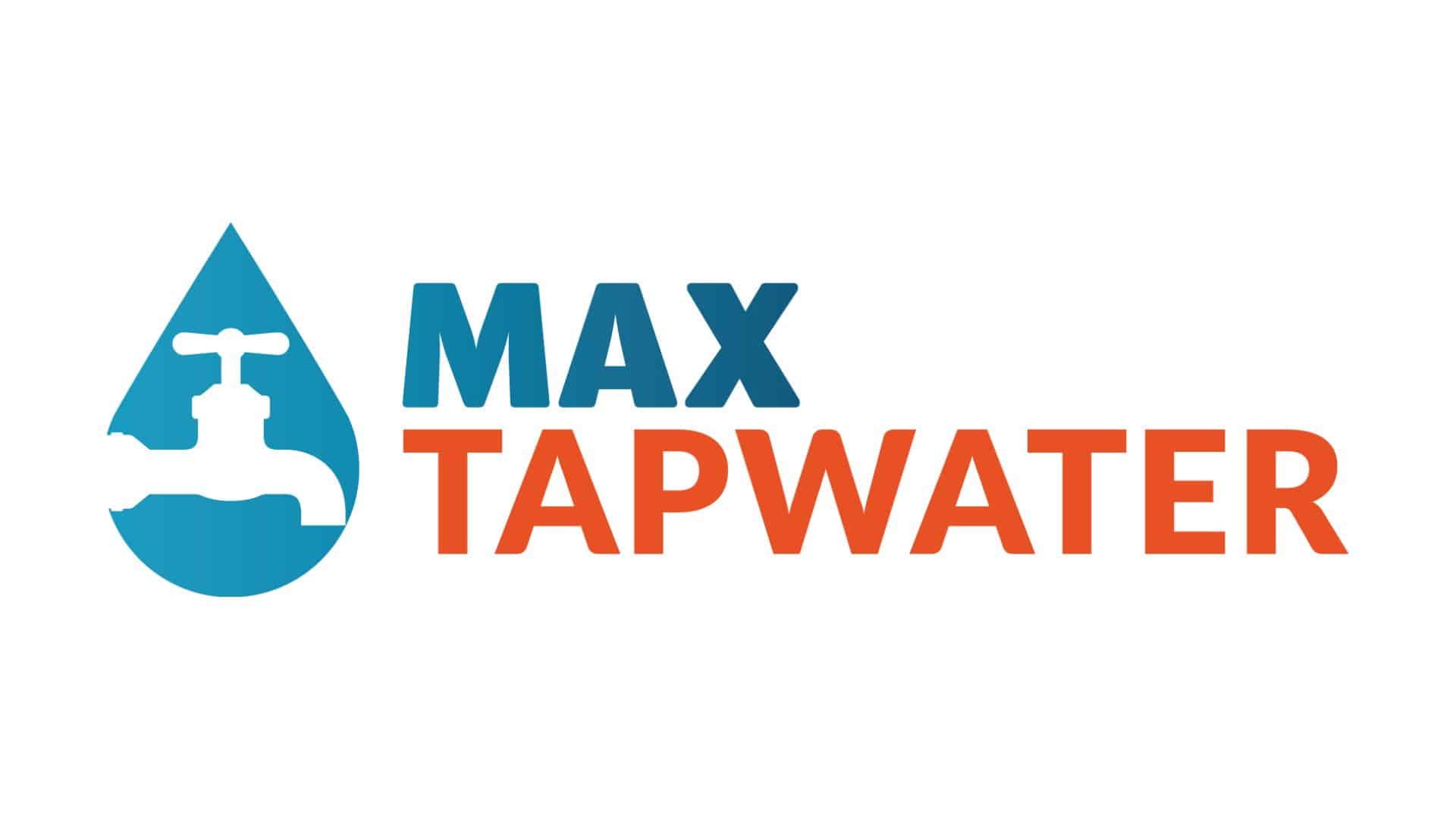
Max Tapwater connects households to safe and affordable drinking water through pipeline networks — a social enterprise focused on safe water, founded in 2019. To date, they have built 85 water networks, each providing 50 to 70 households with clean water. Every year, they build new networks and connect more households.
Want to know more about
our water projects?
From households in Bangladesh to villages in Nepal and remote schools in Ethiopia — every Made Blue project brings sustainable clean drinking water closer to reality.
Learn about our projects and the impact we’re making together:
Malawi: Madzi for Malawi
In Malawi, more than 7 million people lack clean water. We are going to change this by building and repairing water points.
Read moreSierra Leone: Water and nutrition at schools
With 7 water kiosks and the provision of milk powder for school meals, we help more than 55,000 people to a better future.
Read moreSierra Leone: Water for a good start in life
We are helping young and expectant mothers and their children live healthy and safe lives by investing in health center facilities in Sierra Leone.
Read moreUganda: Wash, Learn & Share
In this follow-up of our WASH & Learn project in Uganda, we place an even greater emphasis on capacity building and sustainability, with a central role for entrepreneurs, women and girls.
Read moreNepal: Water by Women
In Nepal we restore water supplies and teach women to manage them as a business.
Read moreBangladesh: Mini grids for households
In Bangladesh, mini water networks will provide 33,670 people with direct access to clean drinking water.
Read moreContribute to Clean Drinking Water
with your organization
We are the Made Blue Foundation.
Our mission: clean drinking water for all.
Want to help make it happen?